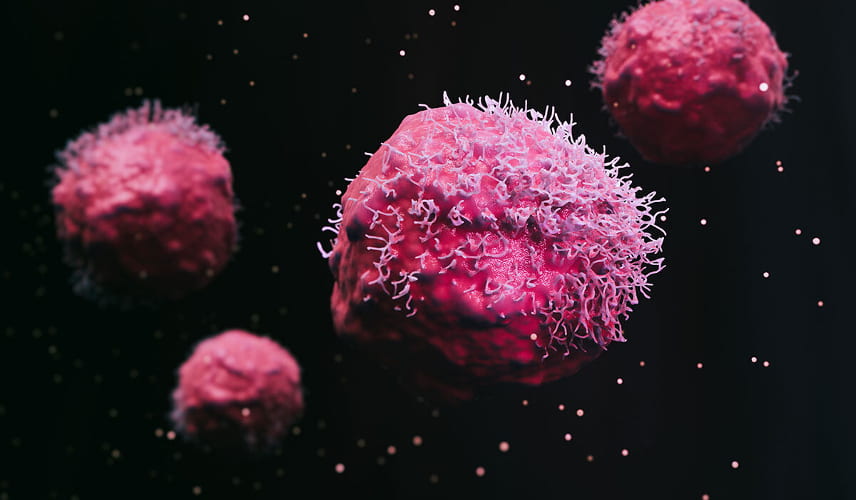Scientists have completed a deep analysis of the proteins driving cancer across multiple tumor types, information that can’t be assessed by genome sequencing alone. Understanding how proteins operate in cancer cells raises the prospect of new therapies that block key proteins that drive cancer growth, or therapies that trigger immune responses to abnormal proteins created by cancer cells.
Led by Washington University School of Medicine in St. Louis, the Broad Institute of MIT and Harvard, Brigham Young University and other institutions around the world, the Clinical Proteomic Tumor Analysis Consortium investigates key proteins driving cancer and how they’re regulated.
The findings are published Aug. 14 in a set of papers in the journals Cell and Cancer Cell.
The Clinical Proteomic Tumor Analysis Consortium is funded by the National Cancer Institute of the National Institutes of Health (NIH).
“In our efforts to develop better cancer therapies, this new analysis of the proteins driving tumor growth is the next step after cancer genome sequencing,” said senior author Li Ding, PhD, the David English Smith Distinguished Professor of Medicine at Washington University. “Through our past work sequencing the genomes of cancer cells, we identified almost 300 genes driving cancer. Now, we are studying the details of the machinery these cancer genes set in motion — the proteins and their regulatory networks that actually do the work of causing uncontrolled cell division. We are hopeful this analysis will serve as an important resource for cancer researchers seeking to develop new treatments for many tumor types.”
The researchers analyzed about 10,000 proteins involved in 10 different types of cancer. Ding emphasized the importance of the sheer volume of data in this type of analysis; many of these important cancer-driving proteins are rare in any single cancer and could not have been identified had the tumor types been studied individually. The analysis included two different types of lung cancer as well as colorectal, ovarian, kidney, head and neck, uterine, pancreatic, breast and brain cancers.
“Many of these proteins driving cancer are found in multiple tumor types but at low frequency,” said Ding, also a research member of Siteman Cancer Center at Barnes-Jewish Hospital and Washington University School of Medicine. “When we analyze many cancer types together, we increase the power we have to detect important proteins that are causing the cancer to grow and spread. A combined analysis also allows us to pinpoint the major common mechanisms driving cancers across types.”
